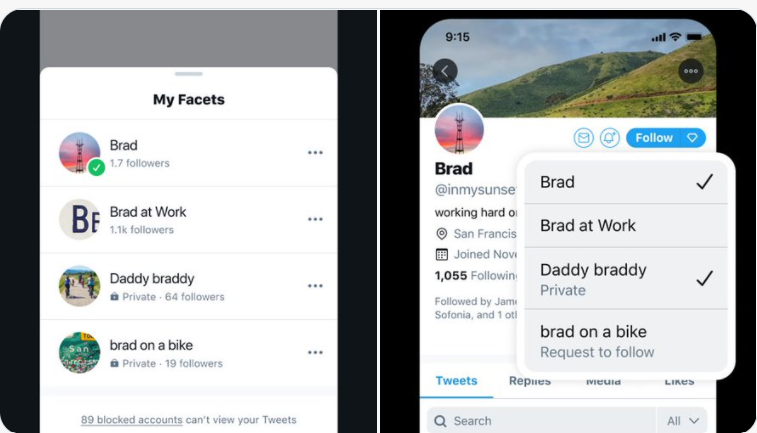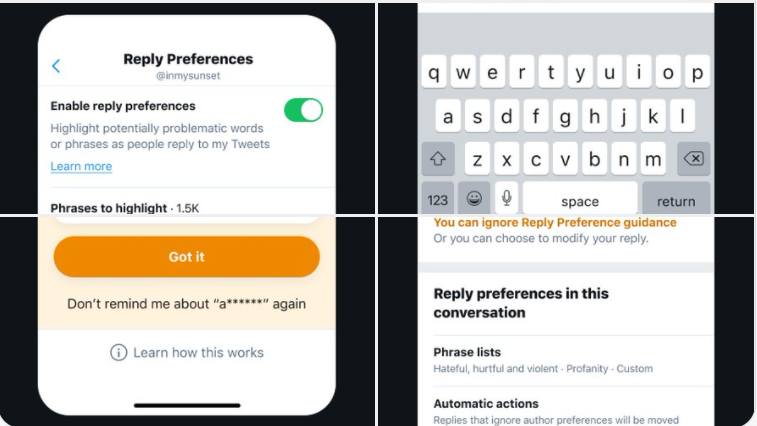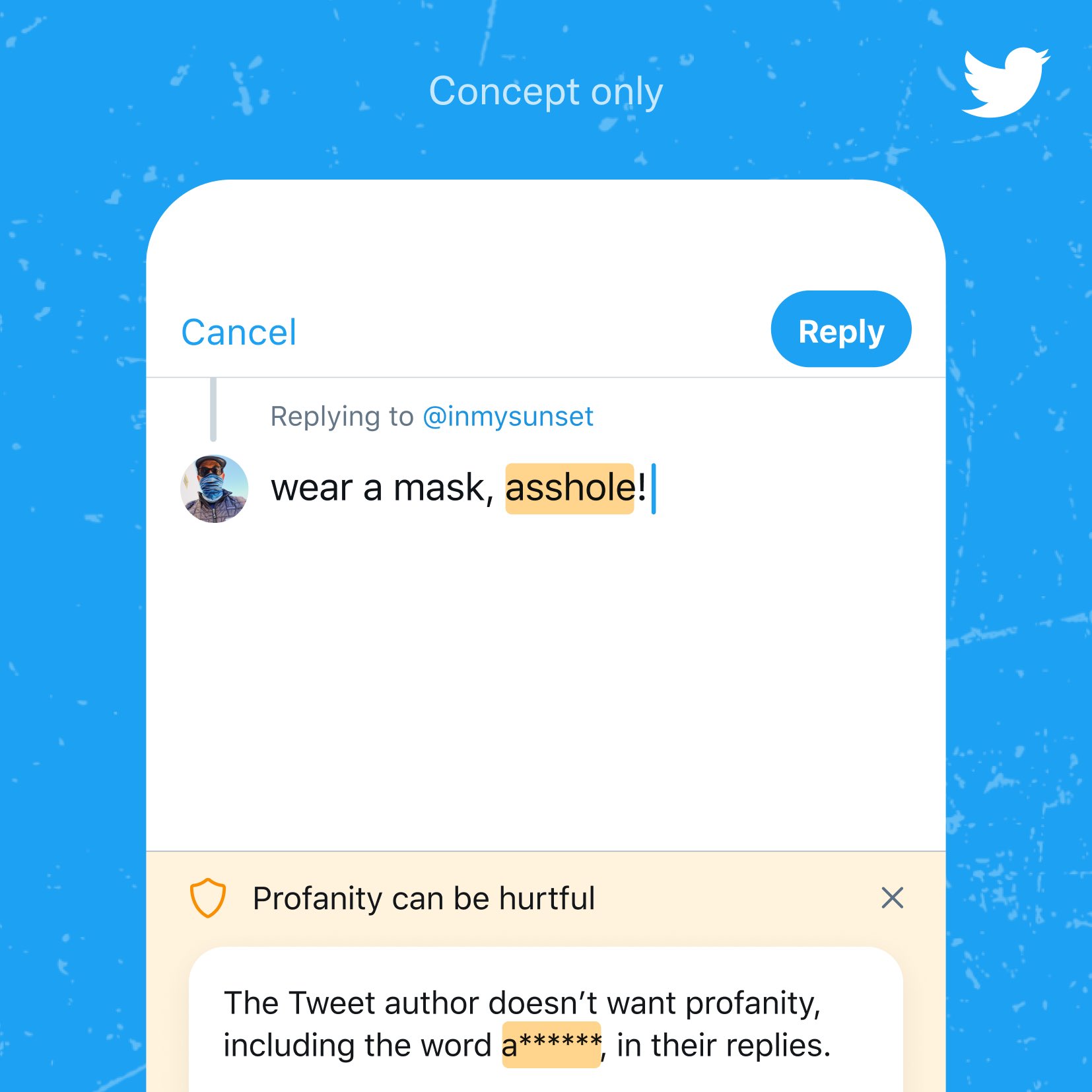Twitter is on a spree to empower users to control their timeline interactions more effectively. Not long ago, it came up with the feature to let users decide who can reply to their tweets. And now, it seems to be working other way around --- it is now exploring new ways for users to control who can see their tweets, including limiting the tweets to "trusted friends".
This is, in a sense, locking the tweets to specific friends and followers, without having to lock the entire account.
Andrew Courter, a product designer at Twitter, who tweeted these info in a Twitter thread (he goes by the handle @a_dsgnr), also gave a glimpse of what else might be in store in terms of new features.
Among others, in the pipeline are a feature for a new prompt that would ask users to reconsider the language they’re using when posting a reply, and a “facets” feature that lets users to tweet from different personas through one account.
- Twitter brings ‘Birdwatch’ fact checks inside tweets - Only for select group now
- Twitter rolls out full-size image preview - is it good or bad?
Facets will help users to categorize tweets

As per the early concepts shared, Twitter will let users designate a "trusted friends" group. And when users tweet, there will be a pop-up asking whether it is meant for "everyone" or just the "trusted friends". If the latter option is chosen, the said tweet will be unavailable for others. In its working, it is similar to Instagram’s “close friends” feature for Stories.
"With Trusted Friends, you could Tweet to a group of your choosing. Perhaps you could also see trusted friends' Tweets first," said Andrew Courter.
Then there is the "Facets" feature that can help users categorize their tweets and share them accordingly with their relevant groups.
These features, in extension, will help users, who have multiple accounts (say one for profession and another for personal use) to operate as a single persona as they will have control over which tweet reaches who.


And perhaps the most important feature in the works is the one for filtering replies. This would essentially allow users to choose specific words or phrases “they prefer not to see.” In the event, Twitter would let the repliers know the 'proscribed words' along with a warning to not use them.
But those who reply could ignore the warning. However, such replies would be pushed down in the conversation thread.
Andrew Courter clarified that these new features are only at the concept stage. They may or may not make it to the level of an official rollout.
No comments:
Post a Comment